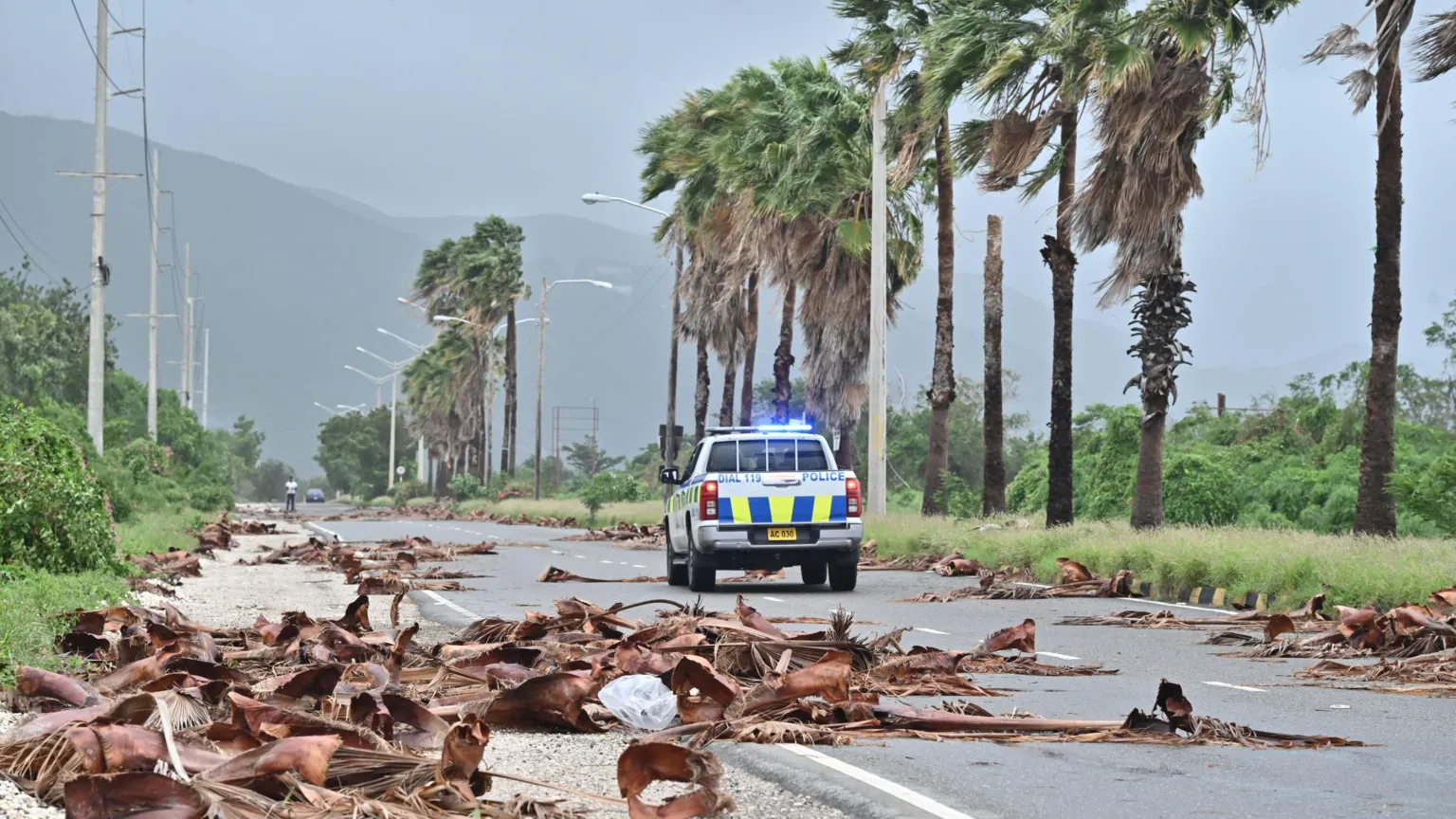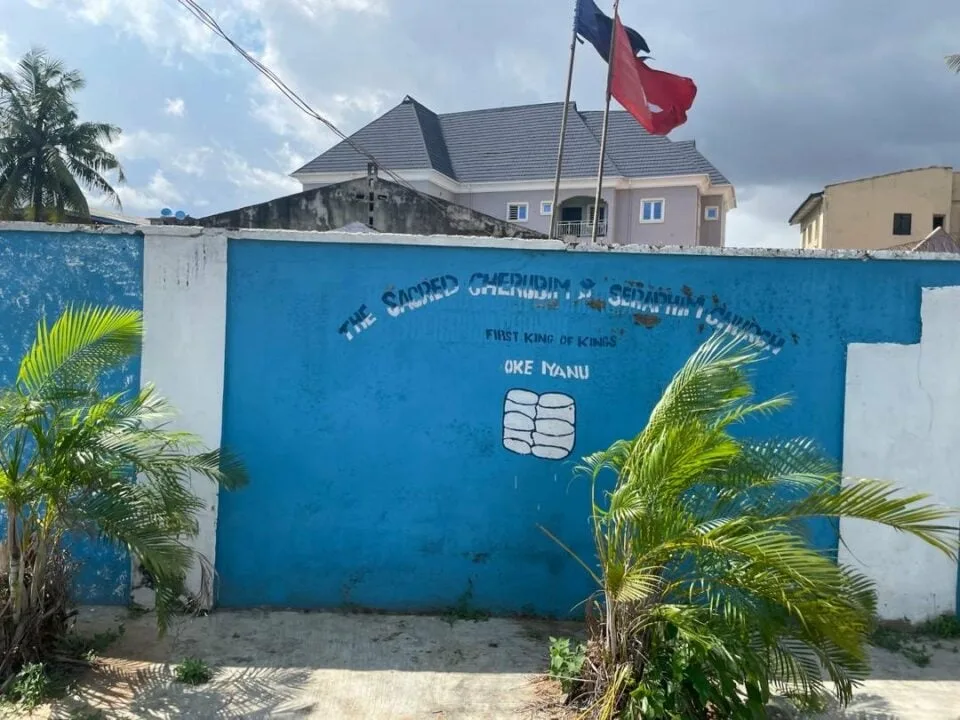In response to the recent devastating flood, the Ministry of Water Resources and Sanitation has launched a comprehensive integrity assessment of the Alau Dam in Borno State.
Minister of Water Resources and Sanitation, Prof. Joseph Utsev, announced this during a press briefing in Abuja on Monday to mark the 2024 World Rivers Day in Nigeria. The event, themed “Waterways of Life” with a sub-theme “Protect Our Rivers from Pollution,” highlighted the significance of rivers and the urgent need for their protection. The briefing was followed by symbolic tree planting and river clearing at Jabi Lake in Abuja.
World Rivers Day is observed globally on the fourth Sunday of September to raise awareness about the critical role rivers play and to encourage their preservation. However, in Nigeria, where Sundays are work-free, the National Council on Water Resources designated Monday for the celebration.
“The global objective of this event is to inspire immediate action to address the various threats facing our rivers. Rivers are essential to the water cycle, contributing to rain formation and supporting the economic survival of regions. They are also crucial habitats for aquatic plants and animals,” Utsev said.
This year’s celebration was held on a smaller scale due to the recent flood disaster that affected parts of Nigeria’s forested areas on September 10, 2024. The minister expressed solidarity with the people of Borno State and announced the ministry’s commitment to assessing the integrity of the Alau Dam in Maiduguri. He assured that stringent measures would be taken to prevent future occurrences.
Utsev also reported that the Nigerian Hydrological Services Agency (NIHSA) had announced controlled water releases from Cameroon’s Lagdo Dam starting at 100 cubic meters per second on September 17, 2024, with a gradual increase to 1,000 cubic meters per second over the following week. This measure is aimed at preventing major flooding downstream, especially along the Benue River.
State governments along the River Benue have been advised to implement preparedness measures, including clearing drainage channels, relocating residents in flood-prone areas, and enhancing flood awareness to protect lives and property. Additionally, the 12 river-based development authorities have been directed to monitor all dams and report any threats to safety.
Utsev also stressed the importance of preventing pollution in rivers and avoiding harmful practices.
Mrs. Sakinatu Jimeta, the acting Executive Director of the Nigeria Integrated Water Resources Management Commission, reiterated the commission’s commitment to preserving river ecosystems. She emphasized stricter enforcement of water quality standards and increased monitoring to combat pollution.
NIHSA Director General, Umar Mohammed, represented by Stephen Jabo, emphasized the need for effective flood management, noting that floods pose significant challenges to vulnerable communities. Mohammed highlighted NIHSA’s dedication to providing reliable hydrological data to support flood risk management.
“As we celebrate our rivers, it’s vital to remember the importance of flood management. Proactive measures are crucial to safeguard lives and property in flood-prone areas,” Mohammed stated.
In closing, he encouraged collective efforts to protect rivers, suggesting actions such as planting trees along riverbanks, reducing pollution, and maintaining hydrological monitoring equipment, all of which are essential for the benefit of future generations..





